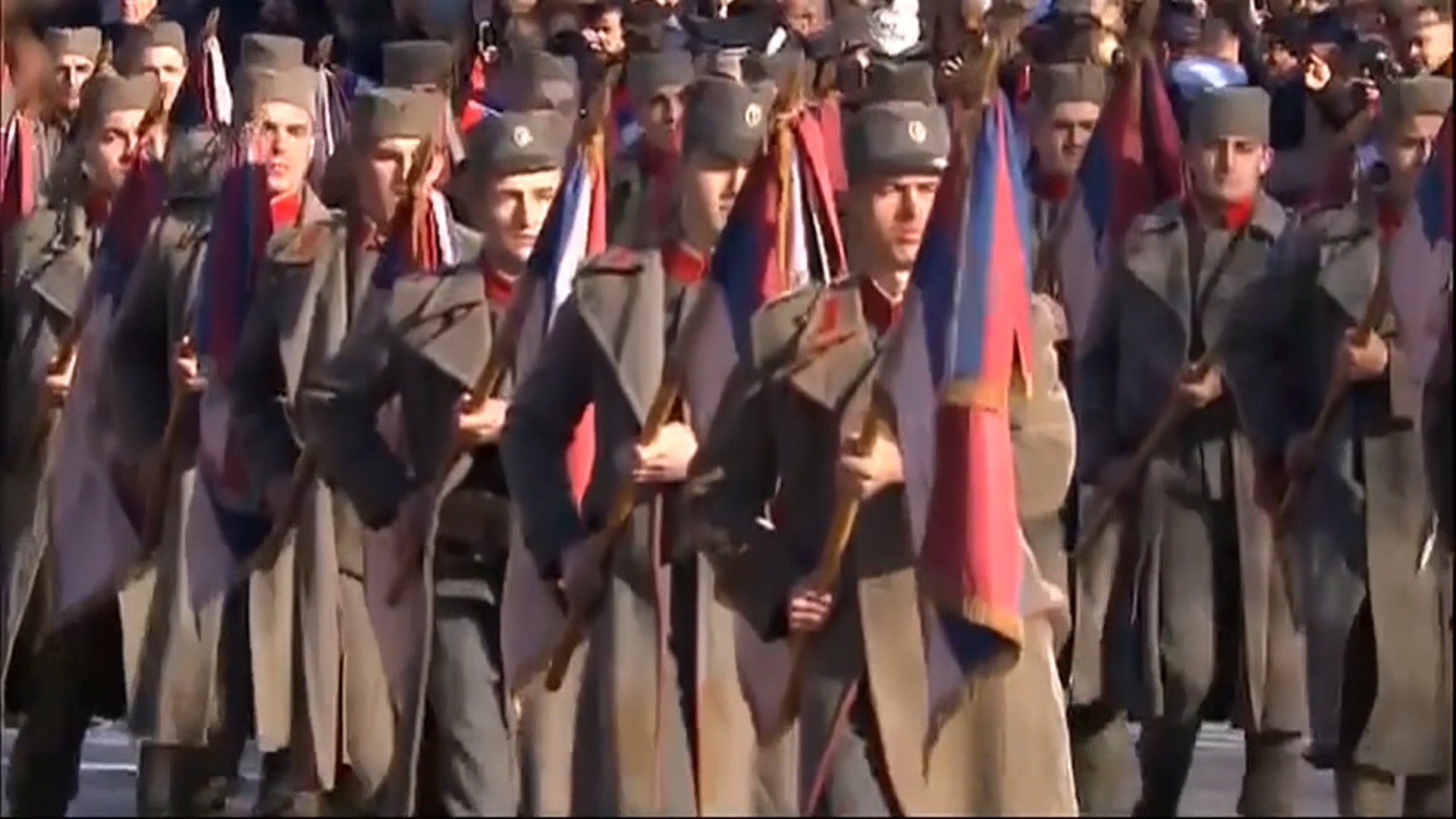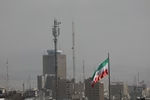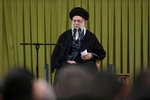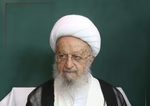
Adopting a new law that again sets January 9 as the Day of Republika Srpska after the Constitutional Court ruled the date violates human rights of non-Serbs is part of the continuous Bosnian Serb disrespect towards the court and something the judiciary has to put an end to, a Bosniak politician said Tuesday.
The Constitutional Court has on March 29 decided that celebrating the Day of the Republika Srpska (RS), the Serb-majority semi-autonomous entity in the country, on January 9 is unconstitutional.
Since January 9 is also a Serb Orthodox religious holiday, the two holidays overlap and only Serb symbols are displayed, which violates the rights of non-Serbs living there, the Court argued.
The Serb member of Bosnia’s tripartite Presidency and the leader of the ruling party in the RS, Milorad Dodik, announced on Monday that the RS National Assembly will adopt a new law which will again set January 9 as the Day of the RS.
The Bosniak vice-president of the RS, Ramiz Salkic, said doing so would defy a Constitutional Court decision and would require “a reaction by institutions of the judiciary and other agencies tasked with implementing Constitutional Court decisions.”
He called on Serb politicians to “courageously face the truth.”
“Bosniaks, Croats and other citizens are constitutive peoples in the RS entity, as are the Serb people, and it is due time for representatives of the Serb people to accept that,” he said.
“I call upon them to accept the facts which were ruled and proven in court and which are tied to the military and political leadership of the Bosnian Serbs between 1992 and 1995, which was sentenced for grave crimes, including ethnic cleansing, persecution, terrorising and genocide,” he added.
A request for the ruling be annulled was one of the eight conclusions of a meeting between the President of Republika Srpska, Zeljka Cvijanovic, and representatives of political parties based in the RS on Tuesday.
Cvijanovic said that regulating celebrations is within the competencies of the RS, as there is no agreement on the issue at the state level.
“The activities of the RS and its representatives in Bosnia and Herzegovina will depend on the anti-constitutional activities steered against the RS. That is why we expect support for preventing the breaching of the Dayton Agreement, which could cause serious consequences on the hardly achieved peace and stability in Bosnia and Herzegovina,“ one of the conclusions said.
According to Cvijanovic, “the relations within Bosnia and Herzegovina have become unbearable.”
Another one of the conclusions is that the Constitutional Court decision comes as a result of the ‘outvoting’ of Serb judges in the Constitutional Court, which represents “the continuation of the ethnic conflict, which also brought about the tragic conflict and wartime events.”
The Constitutional Court is composed of nine members, two members per majority ethnic group in the country and three foreign judges. Politicians in the RS have often complained throughout the years that the foreigners tend to side with Bosniaks and “outvote” members from the other two ethnic groups.
Kakvo je tvoje mišljenje o ovome?
Učestvuj u diskusiji ili pročitaj komentare





 Srbija
Srbija
 Hrvatska
Hrvatska
 Slovenija
Slovenija



























































